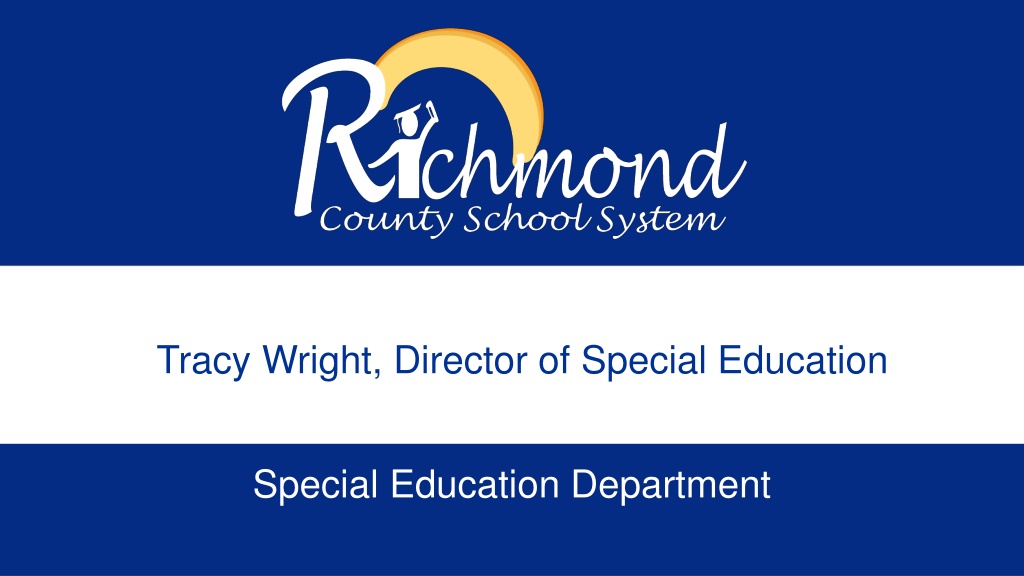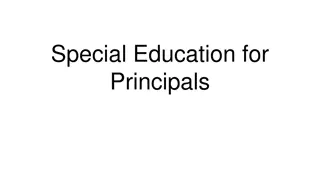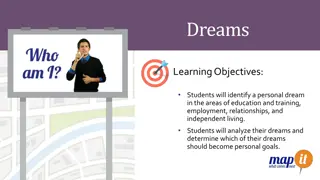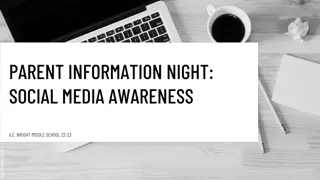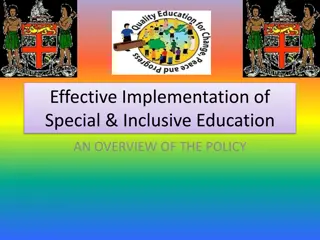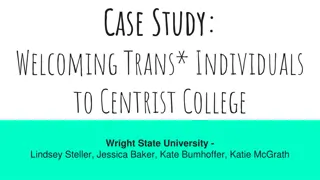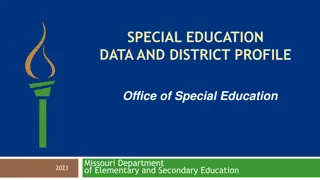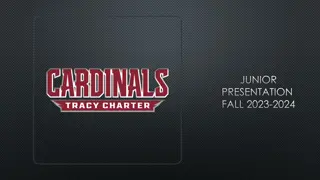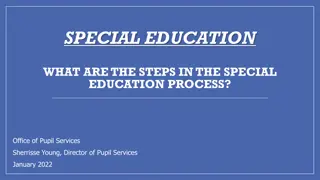Tracy Wright, Director of Special Education
Tracy Wright serves as the Director of Special Education at the Department. The initiatives for students with disabilities include professional learning in behavior and classroom management, collaboration with Emory Autism Center, LEA training, Unique Learning System training for teachers, IEP development, new teacher induction program, staff retention, and addressing learning loss due to the pandemic. The department's leadership includes Tracy Wright as Director, Lisa Smith and Kim Wilkinson as Coordinators. Additional district staff include occupational therapists, physical therapists, transition facilitator, AT facilitator, instructional specialists, behavior coaches, and a teacher of the visually impaired. The Special Education Department's staff for preschool consists of a program specialist, facilitator, administrative assistant, and evaluation team. Over 3800 students with disabilities are supported by the department.
Download Presentation

Please find below an Image/Link to download the presentation.
The content on the website is provided AS IS for your information and personal use only. It may not be sold, licensed, or shared on other websites without obtaining consent from the author.If you encounter any issues during the download, it is possible that the publisher has removed the file from their server.
You are allowed to download the files provided on this website for personal or commercial use, subject to the condition that they are used lawfully. All files are the property of their respective owners.
The content on the website is provided AS IS for your information and personal use only. It may not be sold, licensed, or shared on other websites without obtaining consent from the author.
E N D
Presentation Transcript
Tracy Wright, Director of Special Education Special Education Department
Initiatives for Students with Disabilities Professional Learning in behavior/classroom management through collaboration with the Emory Autism Center LEA Training Training with the Unique Learning System for low incidence teachers IEP Development New Teacher Induction Program, Staff Retention Address learning loss due to the pandemic
Special Education District Leadership Director - Tracy Wright Coordinators - Lisa Smith (Low Incidence & Preschool); Kim Wilkinson (High Incidence & Transition)
Additional District Staff Occupational Therapists - Kellie Laird, Diane Wiedmeier, Ruth Barry, Leigh Blackburn Physical Therapists - Leigh Hawkins, Solana Haupt, Julie Reeves Transition Facilitator-Dion Davis AT Facilitator - Alicyn Fifield Instructional Specialists - Shontae Cogle, Petonya White, Ashley Holaway Behavior Coaches - Patrick Jones, Octavius Murray, Wanda Geter, Kristal Holmes, Demario Childs Teacher of the Visually Impaired - Virginia Wilson
Special Education Department Staff Preschool Special Education Preschool Program Specialist Shannan Smith Preschool Facilitator Stephanie Brooks Preschool Administrative Assistant Lameka Walker Preschool Evaluation Team Tiffany Logan Lori Stewart - SLP Leigh Blackburn OT Team is responsible for locating, evaluating, identifying and supporting the services of students with disabilities from ages 3-5
Stats at a Glance 3800+ students with disabilities Served in all school sites and several private school and homeschool students 275 teachers, 135 paraprofessionals Speech/Language Pathologists-29, Communication Para- 10, Occupational Therapists-5, Physical Therapists-2, Teacher of the Visually Impaired-1, DF/HH Teacher-4 Offer a full continuum of services
High Incidence Students with learning disabilities, dyslexia, ADHD, HFA, minor behavior challenges, mild intellectual disabilities Offer a combination of co-teaching, separate class, supportive services Can be served in all sites Goal-prepare students to transition into the community and for college and careers School's Program Specialist & Kimberly Wilkinson are contacts
Low Incidence Students with significant cognitive disabilities, lower adaptive behavior skills, severe communication deficits, significant behavioral challenges, students with severe Autism, Down s Syndrome Autism, MOID & S/PID Self-Contained Classes Focus of programs is to transition students into the community and to prepare students for post-secondary opportunities such as sheltered workshops, inclusive college programs and adult living facilities School's Program Specialist & Lisa Smith are contacts
Autism Classes Elementary - A. Brian Merry, Garrett, Goshen, Gracewood, Lake Forest Hills, Jenkins-White, Terrace Manor, Tobacco Road Middle - Langford, Hephzibah High - Glenn Hills Goal- develop communication, social skills, independence Serve 130 students and classes feature 1 teacher & a minimum of 2 paraprofessionals
MOID Classes Elementary - A. Brian Merry, Gracewood, Jamestown, Meadowbrook, Sue Reynolds, Richmond Hill, Wheeless Middle - Pine Hill, Richmond Hill, Spirit Creek, Tutt, Glenn Hills High - All High Schools Goal-develop communication, adaptive behavior, independence, community exposure Serve 225 students with a 1 teacher & a minimum of 1 paraprofessional
S/PID Classes Elementary - Lamar, Sue Reynolds, Wilkinson Gardens, Willis Foreman Middle - Pine Hill, Langford High - ARC, Cross Creek, Laney, Butler Goal-develop communication, adaptive behavior, independence, community exposure Serve 85 students with 1 teacher & a minimum of 2 paraprofessionals
Behavior Support Classes Elementary - Merry, Willis Foreman Middle - Pine Hill, Tutt High School-Josey Students with behavioral challenges including aggression, elopement and inappropriate use of language Develop social emotional skills Goal-return to home school with improved behavior and social skills
Georgia Network for Educational and Therapeutic Support (GNETS) Sand Hills Center Director - Talithia Newsome Coordinator - Marie Klofenstine GNETS Liaison-Dr. Quenshauna-Motley Smith Teachers 12, Paraprofessionals 15 Students with significant emotional and behavioral deficits Behaviors require a therapeutic setting Referral based upon documentation of the severity of the duration, intensity and frequency of behaviors Serves students age 5-21
